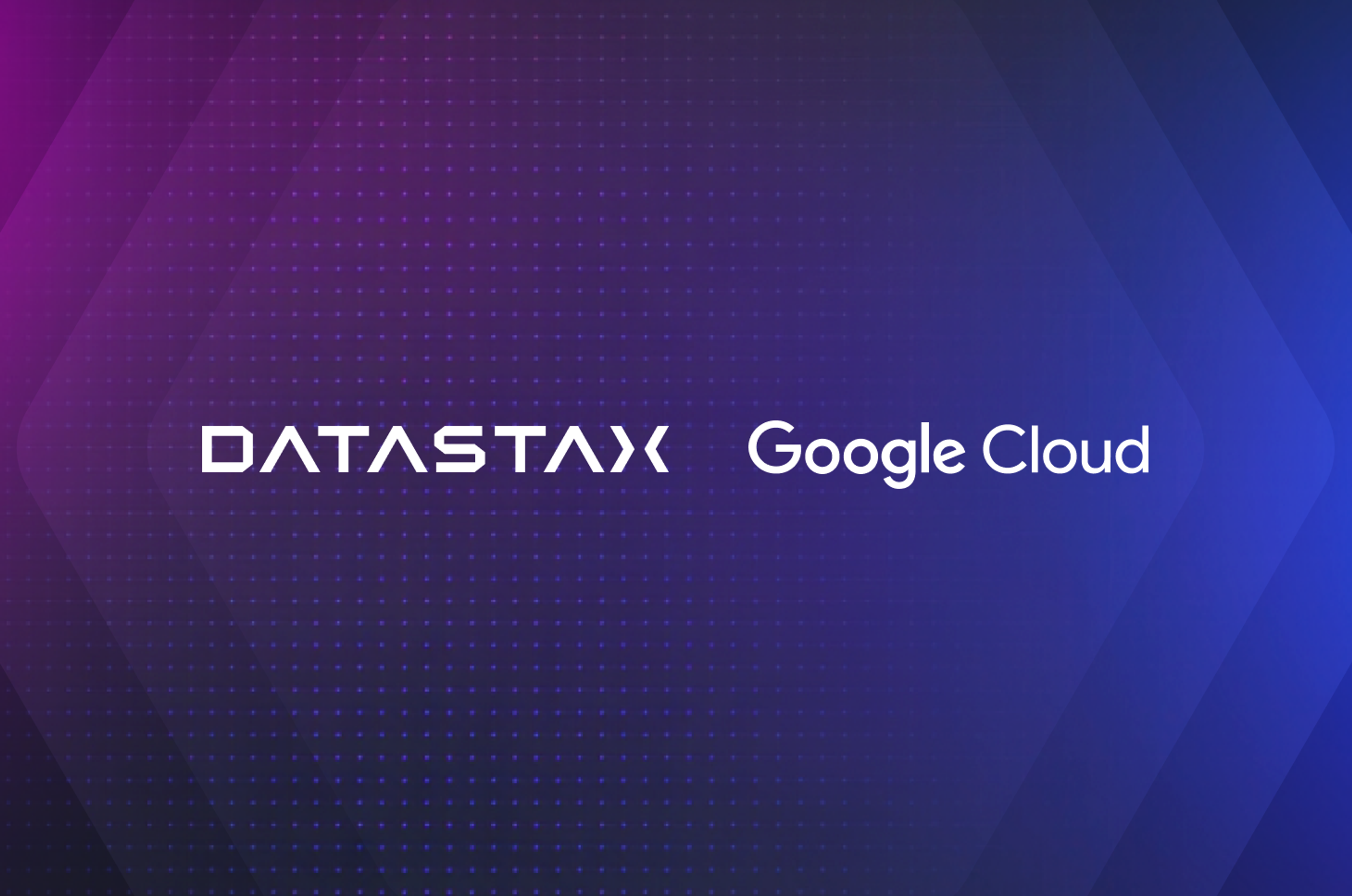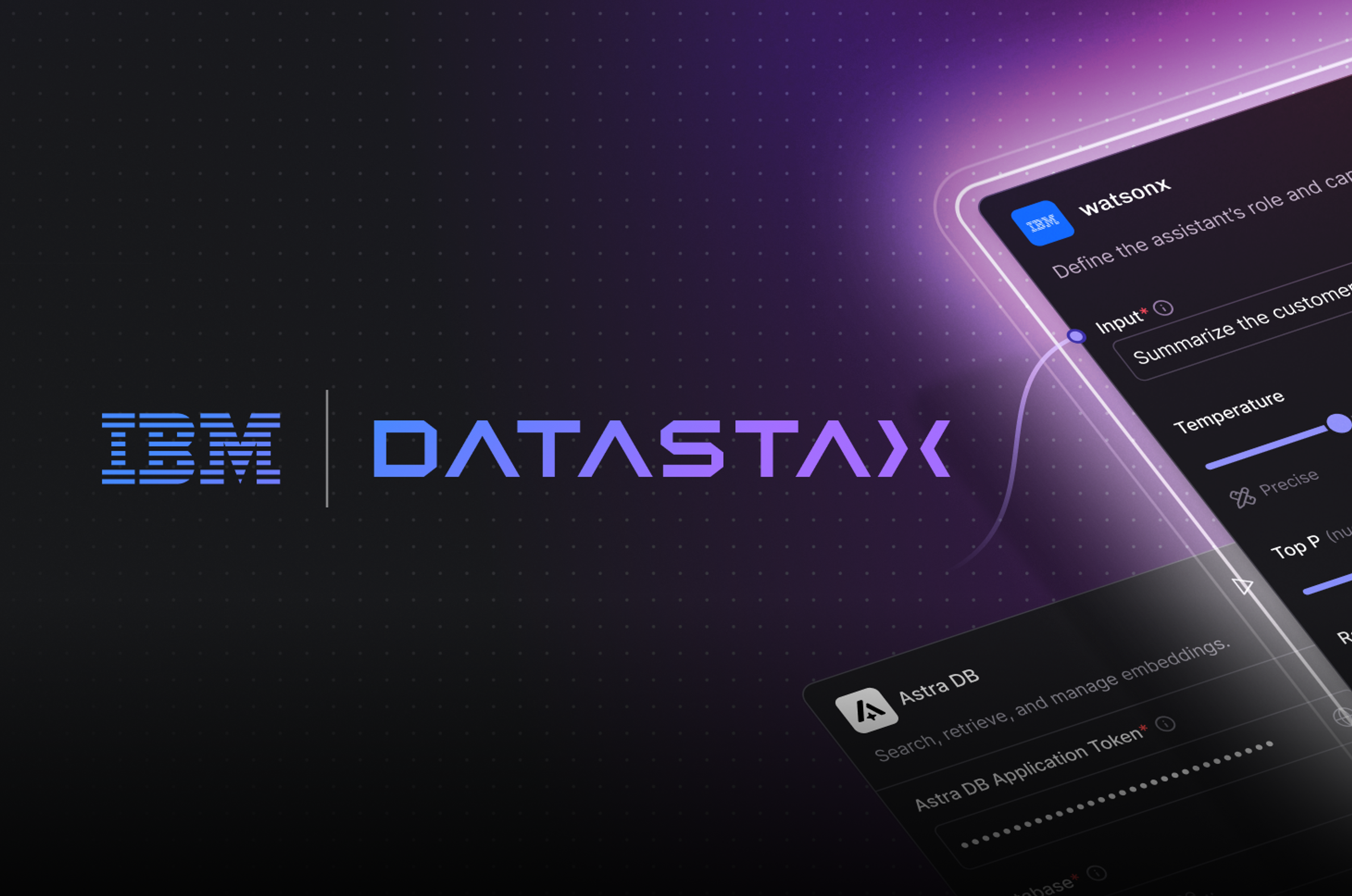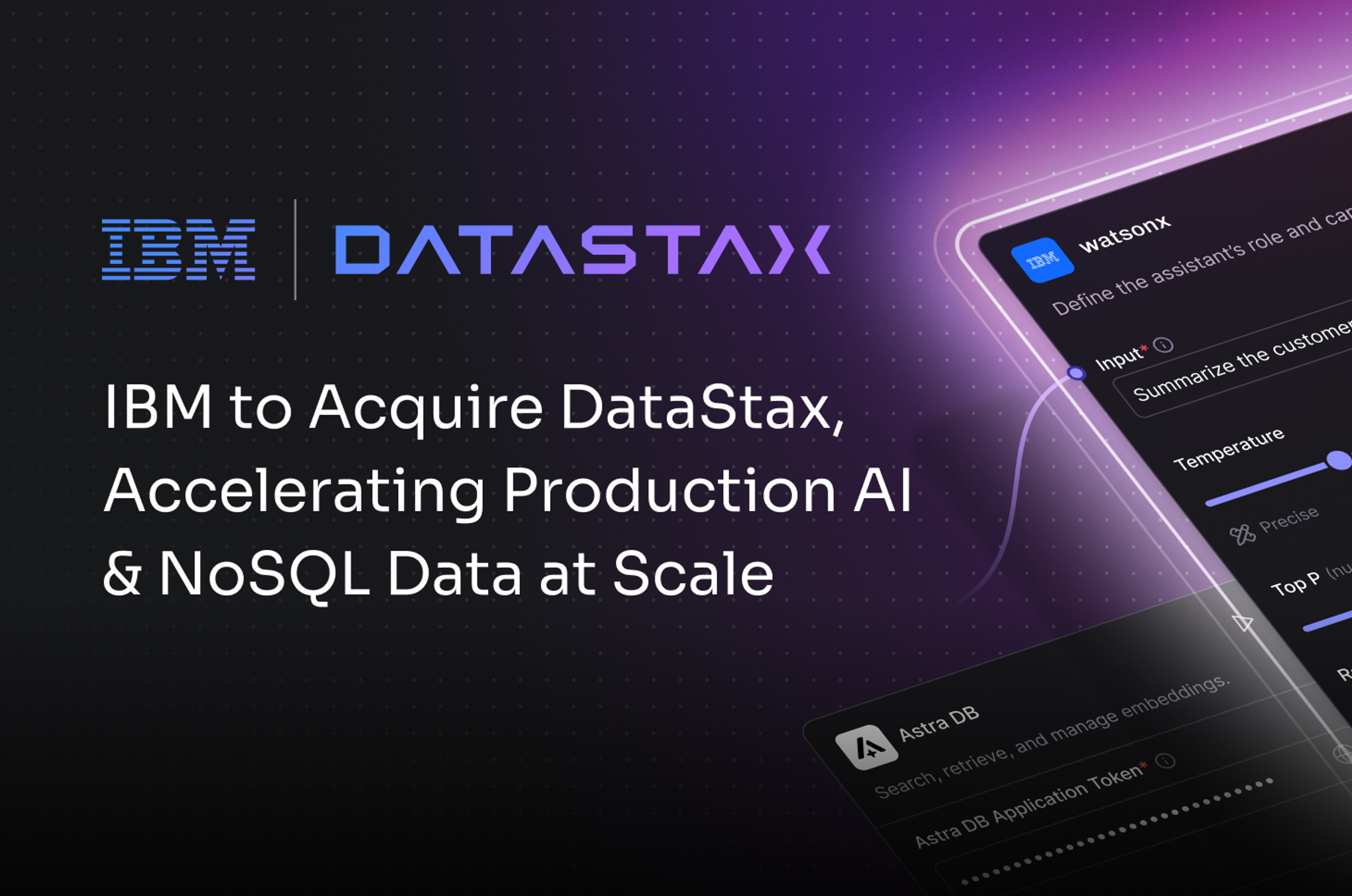As today’s fastest-growing companies shift towards utilizing more cloud applications, data problems have become a growing concern. Application and data center requirements of several key internet players, including Amazon, Facebook, and Google quickly outgrew the relational database management systems (RDBMS) many of their applications were once built on. There was a sudden need for more flexible data models that supported agile development methodologies and could handle a much higher volume of data. This is where NoSQL came into play, but many of today’s organizations are still unsure about whether NoSQL is a viable database solution for their enterprise.
Here are the top five myths about NoSQL databases:
1. NoSQL is Not Secure
Data security is always a top priority, but one of the myths about NoSQL databases is that they don’t provide the level of security needed in an enterprise production environment, when in fact NoSQL data platforms offer security through multiple levels of encryption. They also have permission management authorization features, internal-based authentication, and even data auditing capabilities where you can configure data audits to understand what events took place on a particular node or cluster.
2. NoSQL is Not Reliable
NoSQL databases are designed to have continuous availability, so reliability is never an issue. They not only handle high-velocity data, including structured and semi-structured data, but can also provide constant uptime thanks to data and function redundancies. NoSQL databases are also designed to have no single point of failure, so there is no downtime to worry about.
3. NoSQL is Not Scalable
This is a common misconception and it’s important to note that while relational databases can certainly scale, they can only scale UP for increased performance. NoSQL databases can be scaled out, allowing them to be able to handle large amounts of data and thousands of concurrent users/operations per second across multiple data centers. When it’s time to increase capacity, all you have to do is add new nodes to an existing cluster.
4. NoSQL is Not Usable
Some believe that NoSQL database are not used by anyone in their organization in meaningful ways. However, one of the key benefits of a NoSQL database with a distributed architecture is that it provides a solid framework for running analytics right on the platform. This means members of the organization can run real-time and batch analytics on data to perform analytics quickly and efficiently. It’s also easy to obtain in-depth diagnostic data about how well a certain cluster is running and configure it to provide only data on certain performance metrics.
5. NoSQL Is Not Ready for Serious Applications
While relational databases are designed to handle centralized applications that can handle many sophisticated transactional processes, NoSQL databases are far better for supporting distributed cloud and hybrid applications. As more organizations shift to a multi- and hybrid cloud strategy, NoSQL databases offer numerous benefits to enterprises that have rapidly growing data management demands. NoSQL databases are not designed for every company, and many companies can very adeptly combine relational databases and NoSQL databases to satisfy their data management needs. However, as more companies shift to hybrid cloud, the need for a fast, secure, flexible, and most importantly, always on database with real-time capabilities becomes ever-more imperative. The time to start taking advantage of a NoSQL database is now.










